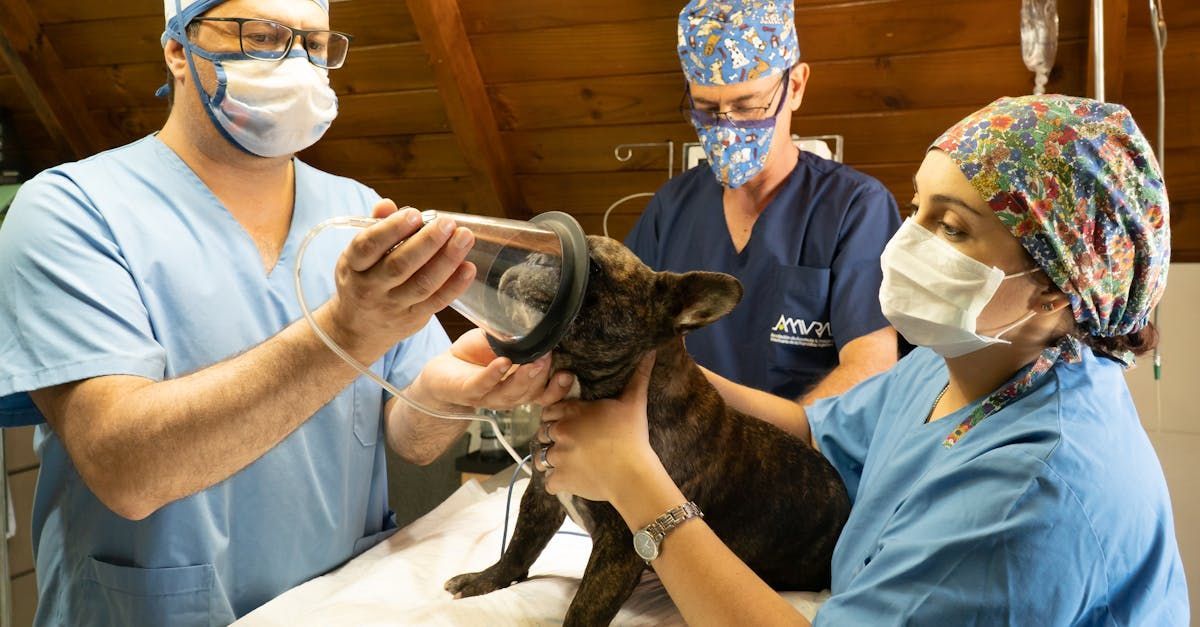Purebred vs. Mixed Breed Dogs: Exploring Health, Traits, and Considerations
Purebred vs. Mixed Breed Dogs: Exploring Health, Traits, and Considerations
Everyone loves a good pros and cons list, so let's do it. Let's dive into the pros and cons of purebred dogs vs. mixed breeds.
Choosing a furry companion is a significant decision, and one of the first considerations is often whether to adopt a purebred or a mixed breed dog. Each option comes with its own set of pros and cons, ranging from health considerations to behavioral traits. This paper aims to explore the advantages and disadvantages of both purebred and mixed breed dogs, particularly focusing on health issues that may arise.
Pros and Cons of Purebred Dogs
Pros:
- Predictable Traits: Purebred dogs typically have predictable characteristics in terms of size, appearance, and temperament due to consistent breeding practices over generations.
- Breed Standards: Established breed standards allow for specific expectations in terms of behavior, trainability, and specialized skills (e.g., herding, hunting).
- Community and Support: Many purebred owners enjoy belonging to specific breed clubs and communities, offering resources, events, and networking opportunities.
Cons:
- Health Concerns: Purebred dogs are more susceptible to genetic disorders and inherited diseases due to limited gene pools and breeding for specific traits. Examples include hip dysplasia in large breeds and brachycephalic syndrome in flat-faced breeds.
- Cost: Purebred dogs often come with a higher price tag due to breed recognition, lineage, and health testing.
- Temperament Variations: While breed standards provide a general guide, individual temperament can vary widely even within the same breed, influenced by genetics and upbringing.
Pros and Cons of Mixed Breed Dogs
Pros:
- Hybrid Vigor: Mixed breed dogs often benefit from hybrid vigor, which refers to increased genetic diversity and resilience to inherited diseases compared to purebreds.
- Unique Appearance: Mixed breed dogs often have distinctive and unique appearances, combining traits from different breeds, making them visually appealing and one-of-a-kind.
- Adaptability: Mixed breeds may exhibit a blend of traits from various breeds, potentially resulting in a more adaptable and versatile dog suited to different lifestyles and environments.
Cons:
- Uncertain Traits: Predicting the adult size, temperament, and specific health considerations of mixed breed dogs can be challenging due to the diverse genetic backgrounds.
- Limited Breed-Specific Expertise: Resources and support networks specific to mixed breeds may be less established compared to purebred communities.
- Health Considerations: While mixed breed dogs may have fewer inherited health issues than purebreds, they are still susceptible to common health problems such as allergies, joint issues, and dental problems.
Health Considerations
Purebred Dogs:
- Inherited Disorders: Genetic disorders like hip dysplasia, heart conditions, and certain cancers are more prevalent due to a smaller gene pool and emphasis on specific traits.
- Breed-Specific Conditions: Certain breeds are predisposed to specific health issues, such as respiratory problems in brachycephalic (flat-faced) breeds like Bulldogs and Pugs.
Mixed Breed Dogs:
- Hybrid Vigor: Mixed breed dogs may benefit from hybrid vigor, which can reduce the likelihood of inheriting genetic disorders prevalent in purebred lines.
- Genetic Diversity: While mixed breeds may have fewer breed-specific health concerns, they can still develop common health issues seen in all dogs, such as obesity, dental problems, and allergies.
Conclusion
The choice between a purebred and a mixed breed dog ultimately depends on individual preferences, lifestyle, and considerations for health and temperament. Purebreds offer predictability in terms of appearance and behavior but may come with higher risks of inherited health issues. Mixed breed dogs, on the other hand, often exhibit hybrid vigor and unique characteristics but may present uncertainties regarding size, temperament, and health. Regardless of the choice, responsible ownership, including proper training, nutrition, exercise, and regular veterinary care, is essential to ensure a happy and healthy life for any canine companion.













